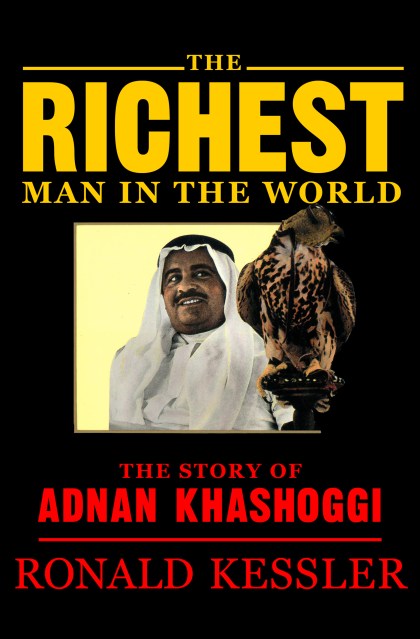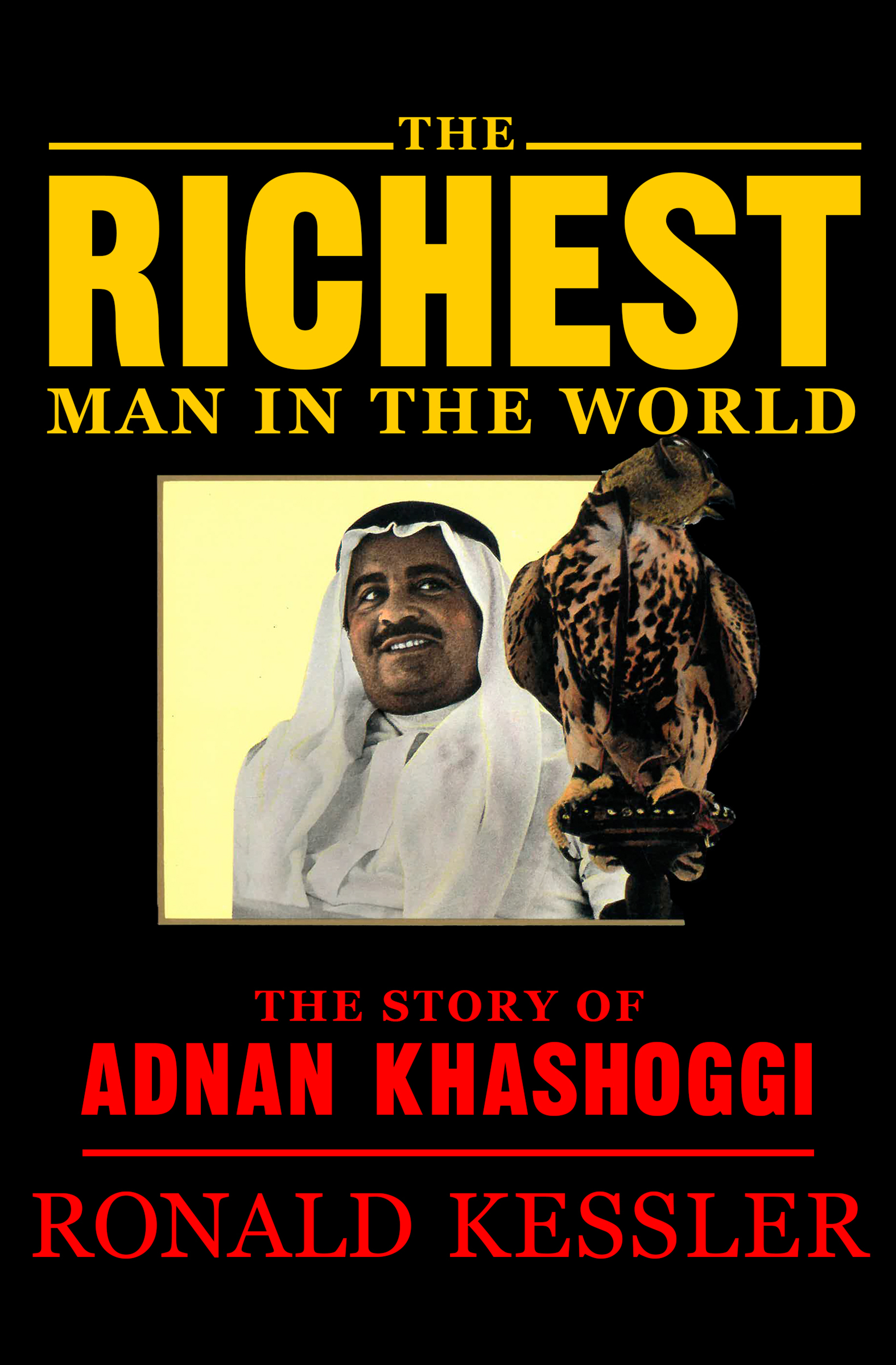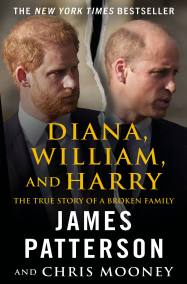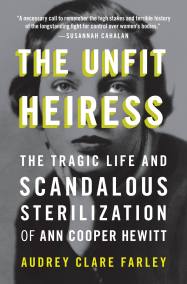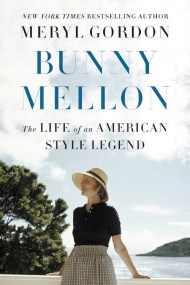Promotion
Use code MOM24 for 20% off site wide + free shipping over $45
The Richest Man in the World
The Story of Adnan Khashoggi
Contributors
Formats and Prices
Price
$7.99Price
$9.99 CADFormat
Format:
ebook (Digital original) $7.99 $9.99 CADThis item is a preorder. Your payment method will be charged immediately, and the product is expected to ship on or around October 31, 2017. This date is subject to change due to shipping delays beyond our control.
Also available from:
He made more money than anyone in history. And he spent it at a dizzying clip of $330,000 a day, every day of the year. He was Adnan Mohamed Khashoggi, a Saudi Arabian middleman who started out with nothing and in twenty-five years parlayed his connections to the Saudi royal family and genius at dealing with people into a fortune of colossal proportions.
Uncle to Dodi Al-Fayed, Princess Diana’s once boyfriend before a fatal car crash and Jamal Khashoggi, the journalist allegedly murdered in Istanbul, Adnan Khashoggi’s American Express bill often exceeded $1 million. When he felt like having spaghetti, he flew to Venice for dinner on one of his three commercial-size airplanes. One of his luxury yachts, the 282-foot Nabila, was considered the most opulent modern yacht afloat and was borrowed for a James Bond movie. He even sold Donald Trump one of his 285-foot luxury super yachts for $200 million, although it is now in the hands of Saudi Prince Al-Waleed bin Talal.
This remarkable book is a rare glimpse into a life of opulence beyond most people’s wildest imaginings–a compelling closeup of a complex and driven man who has explored the outer reaches of success, power, and all that money can buy.
Genre:
- On Sale
- Oct 31, 2017
- Page Count
- 274 pages
- Publisher
- Grand Central Publishing
- ISBN-13
- 9781538762547
Newsletter Signup
By clicking ‘Sign Up,’ I acknowledge that I have read and agree to Hachette Book Group’s Privacy Policy and Terms of Use
